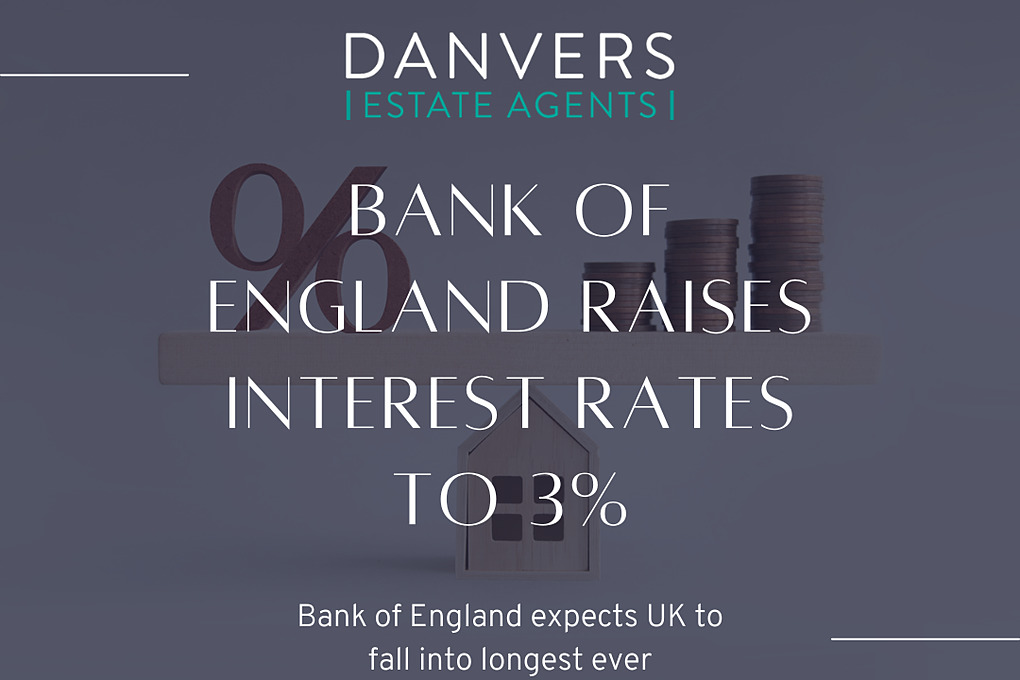The Bank of England has warned the UK is facing its longest recession since records began, as it raised interest rates by the most in 33 years.
In warned the UK would face a "very challenging" two-year slump with unemployment nearly doubling by 2025.
Bank boss Andrew Bailey warned of a "tough road ahead" for UK households, but said it had to act forcefully now or things "will be worse later on."
It lifted interest rates to 3% from 2.25%, the biggest jump since 1989
By raising rates, the Bank is trying to bring down soaring prices as the cost of living rises at its fastest rate in 40 years.
Food and energy prices have jumped, in part because of the Ukraine war, which has left many households facing hardship and started to drag on the economy.
A recession is defined as when a country's economy shrinks for two three-month periods - or quarters - in a row. Typically, companies make less money, pay falls and unemployment rises. The means the government gets less money in in tax to use on public services such as health and education.
The Bank had previously expected the UK to fall into recession at the end of this year and said it would last for all next year.
But it now believes the economy already entered a "challenging" downturn this summer, which will continue next year and into the first half of 2024 - a possible general election year.
While it will not be the UK's deepest downturn, it will be the longest since records began in the 1920s, the Bank said.
The unemployment rate is currently at its lowest for 50 years, but it is expected to rise to 6.5%.
Chancellor Jeremy Hunt said inflation was "weighing heavily on families, pensioners and businesses".
"The most important thing the British government can do right now is to restore stability, sort out our public finances, and get debt falling so that interest rate rises are kept as low as possible."
But shadow chancellor Rachel Reeves said families could not withstand such high interest rate rises "when we've got rising food prices, rising energy bills and now higher mortgage rates as well".
The Bank has done something it doesn't normally do in the published minutes of its decisions - it has given guidance that seems to suggest a peak in interest rates of about 4.5% next Autumn.
For those with a glass half-full - this is lower than the 6% assumed just a month ago in the post mini-budget market turmoil.
While government borrowing costs and the level of the pound has somewhat recovered after a series of U-turns since, mortgage markets and business loans are still showing some stress, adding to the prolonged hit to the economy.
The forecast predicts that the unemployment rate will rise to 6%, while household incomes will come down too.
It is a picture of a painful economic period, with the UK performing worse than the US and the Eurozone.
Indeed, what was forecast as a sharp energy recession just three months ago, is now a shallower, but more prolonged energy and mortgage shock.
The latest rate hike takes borrowing costs to their highest in 14 years, when the UK banking system faced collapse.
The Bank believes by raising interest rates it will make it more expensive to borrow and encourage people not to spend money, easing the pressure on prices in the process.
But while its latest rate rise will be welcomed by savers, it will have a knock-on effect on those with mortgages, credit card debt and bank loans.
The Bank forecast that if interest rates continue to rise, those whose mortgage deals are coming to an end could see their annual payments soar by up to £3,000.
 Like
Like